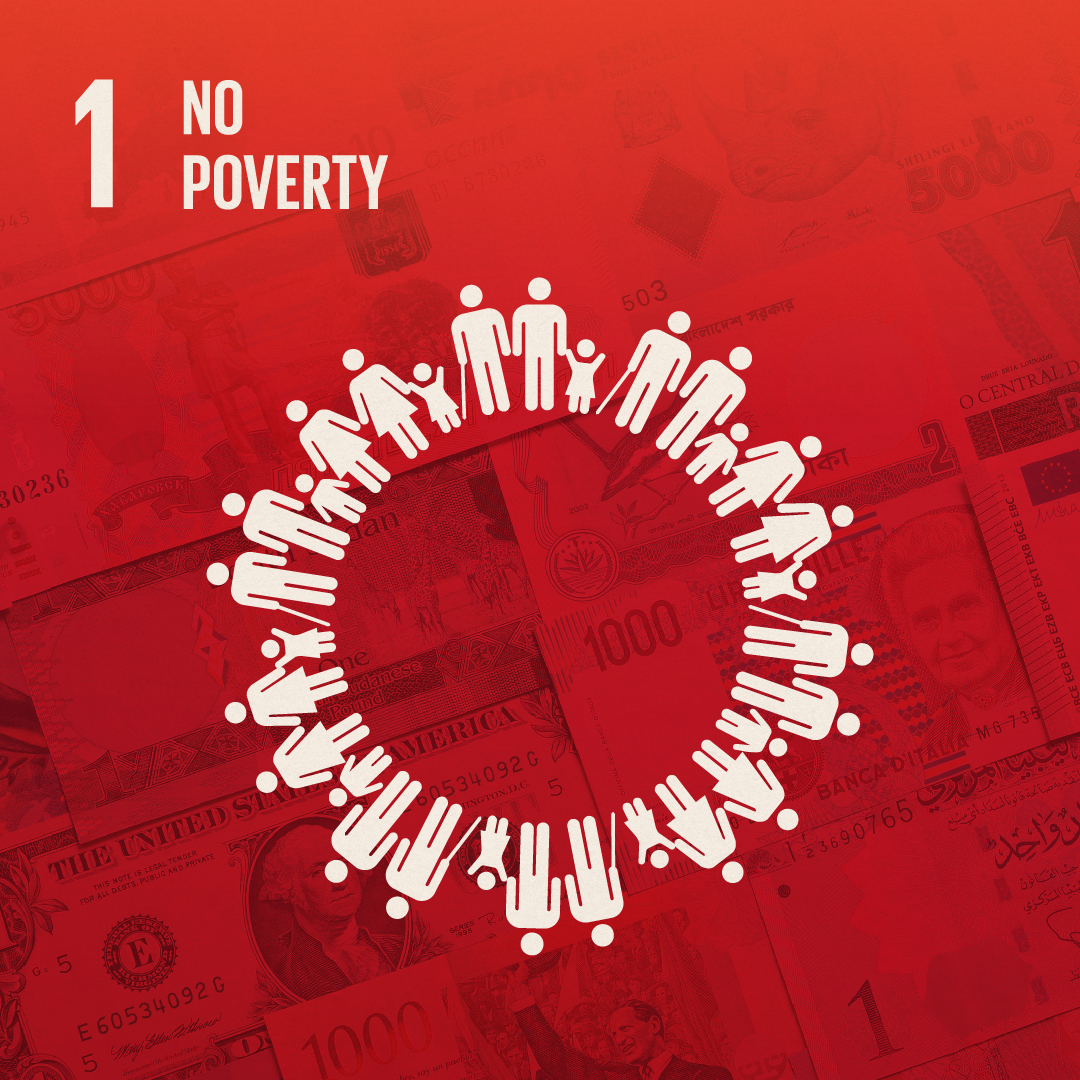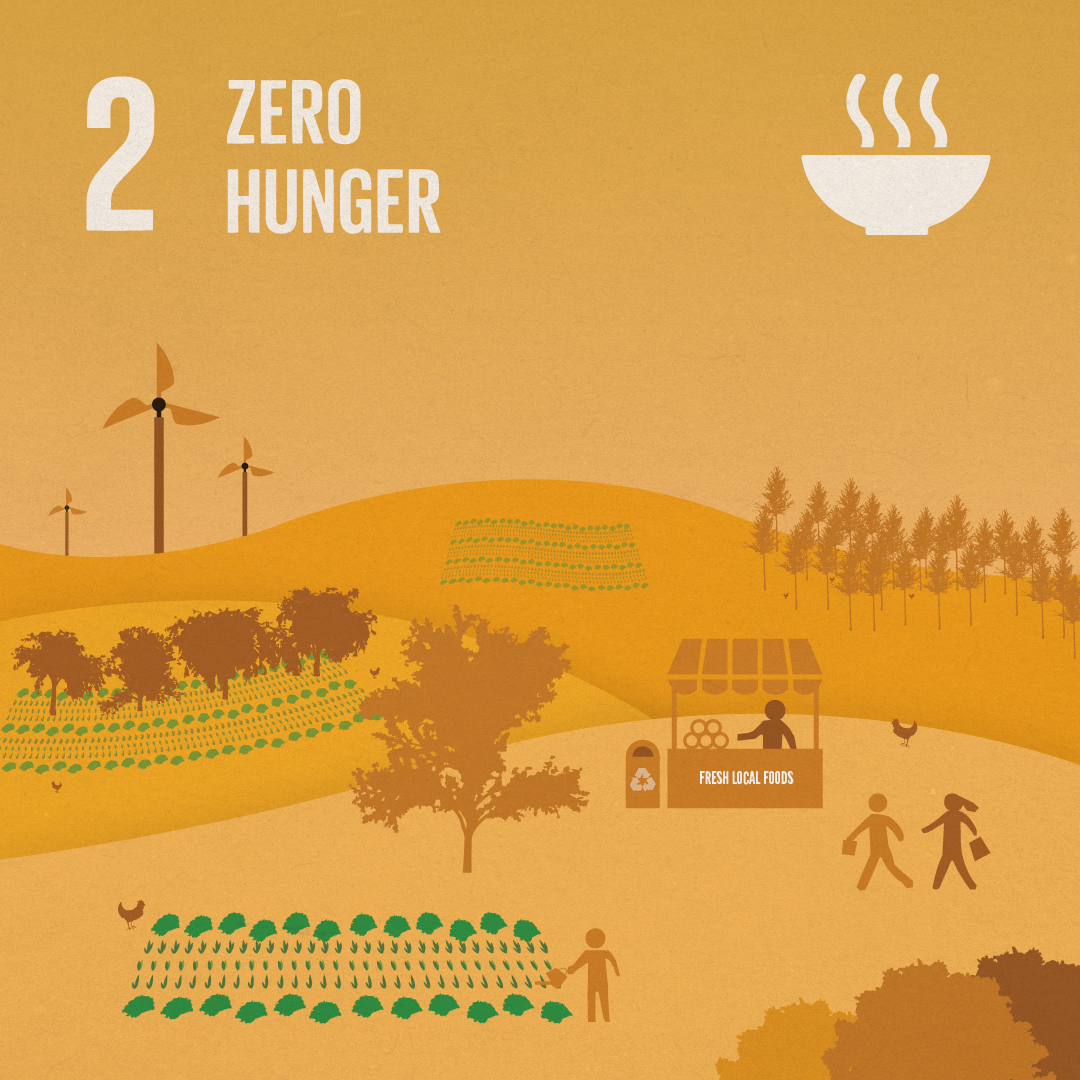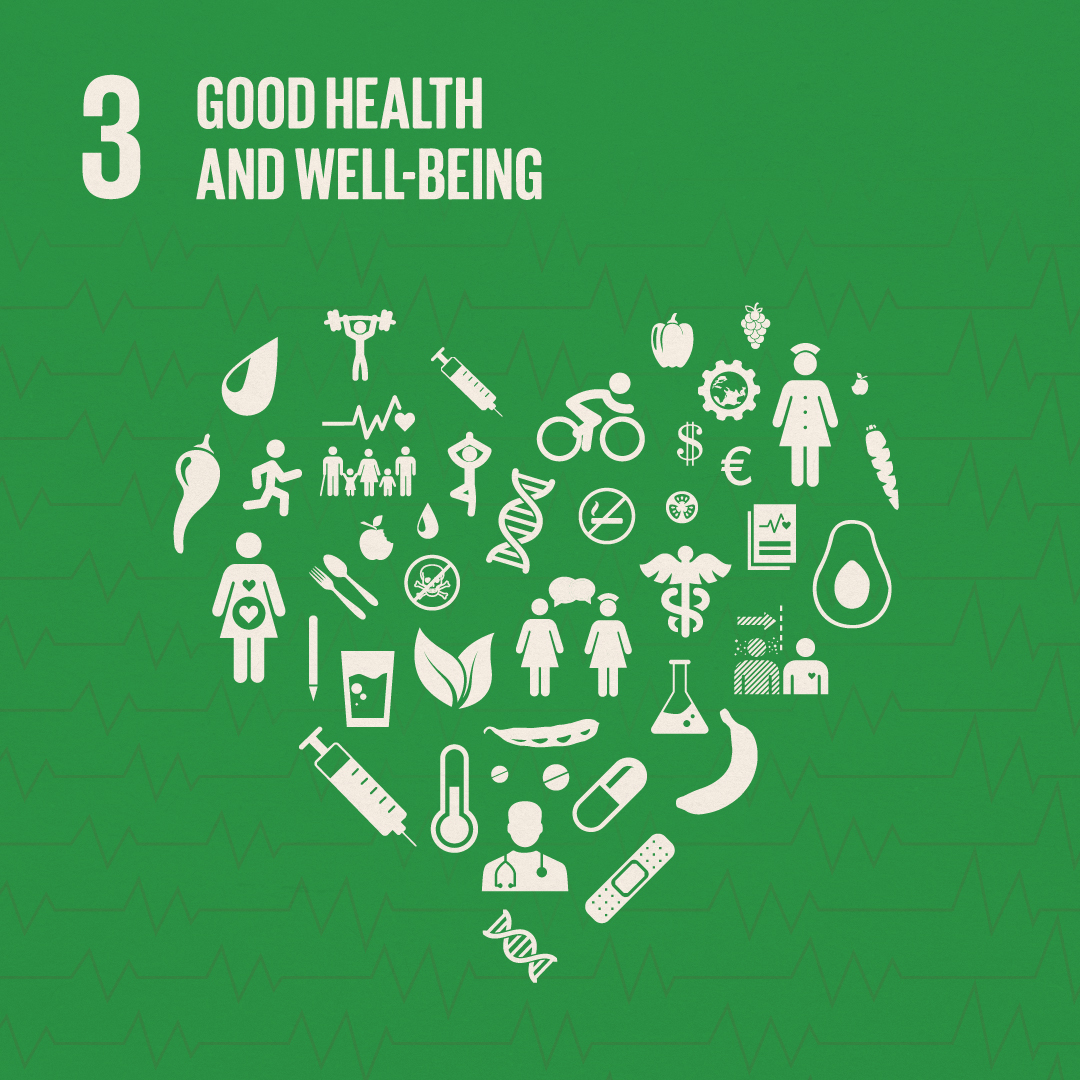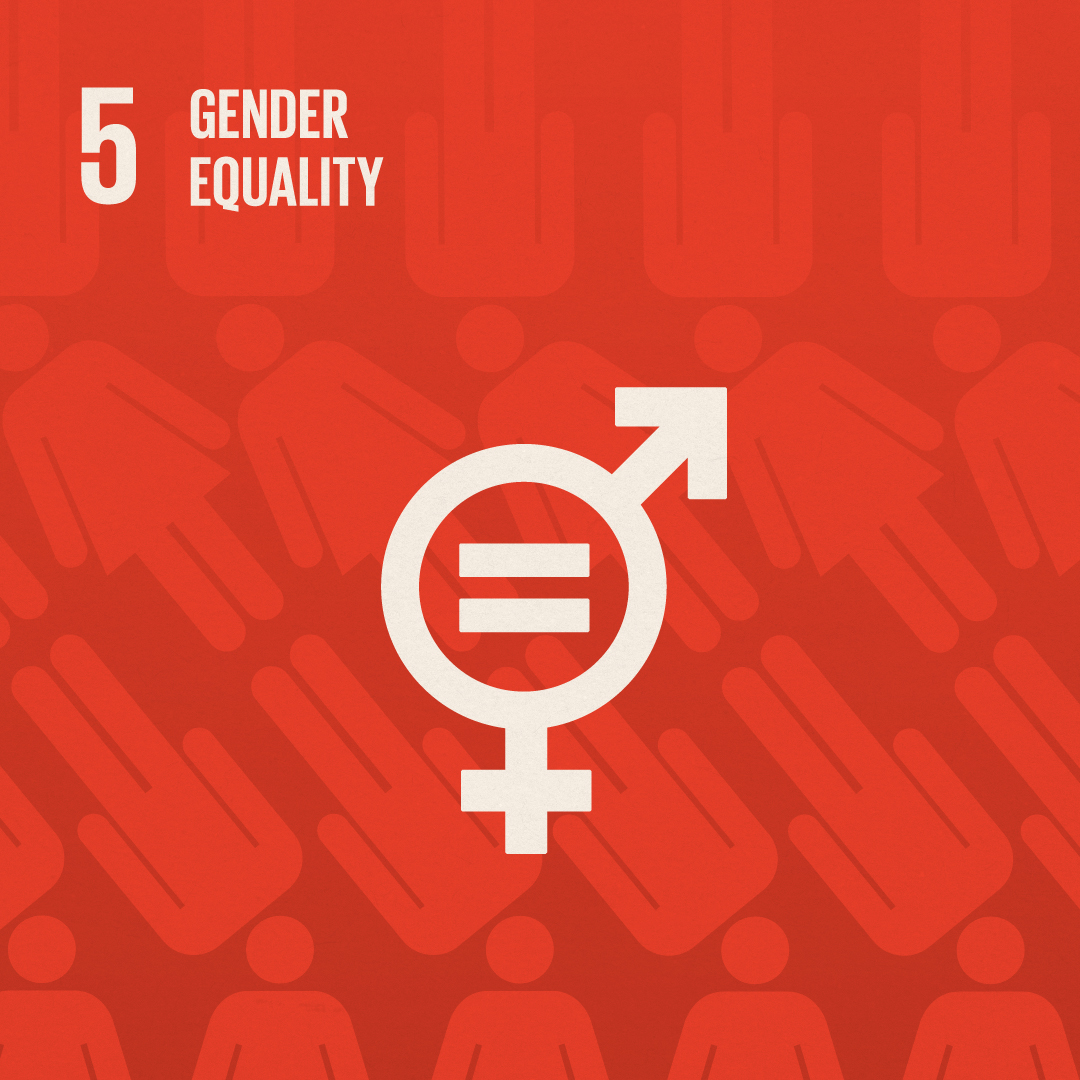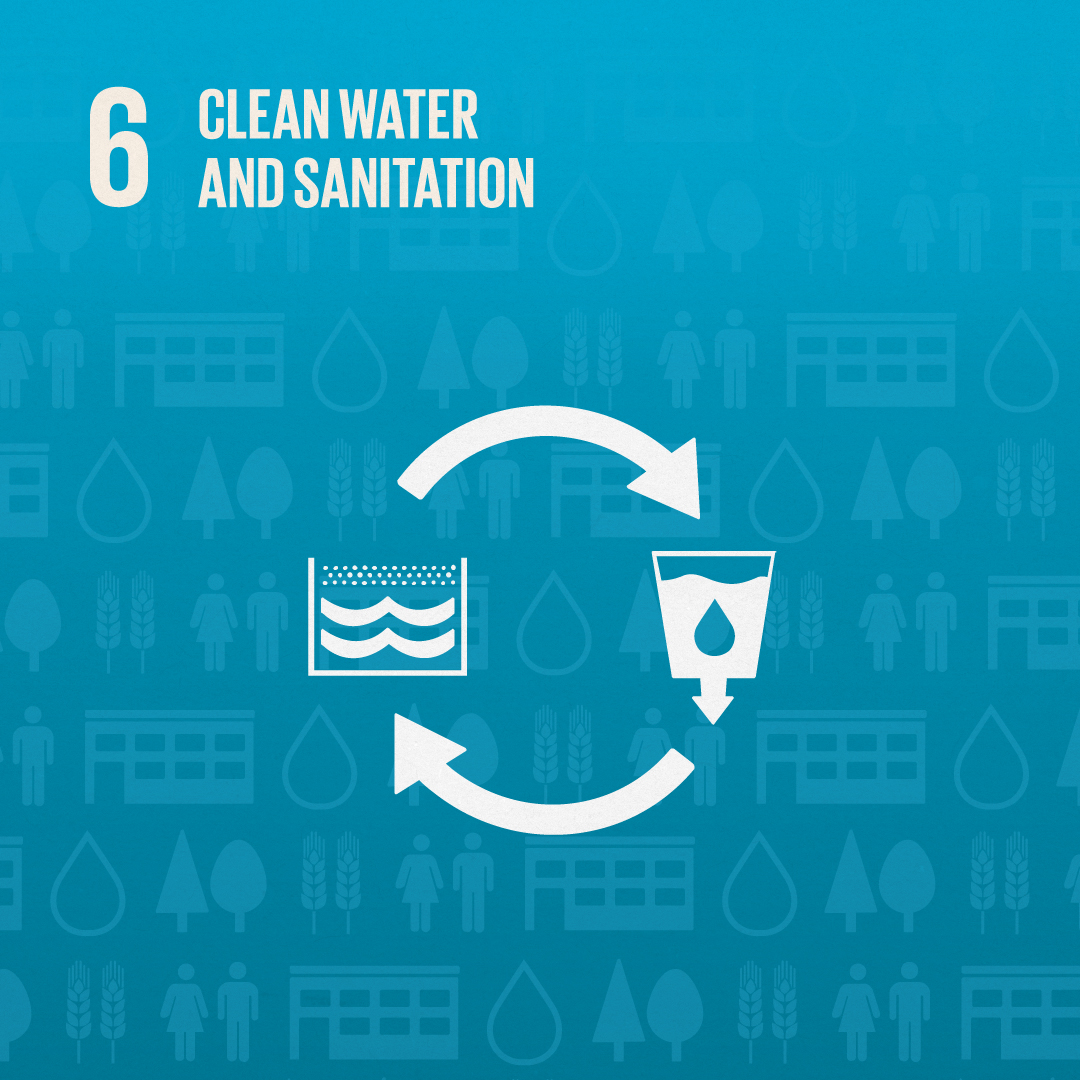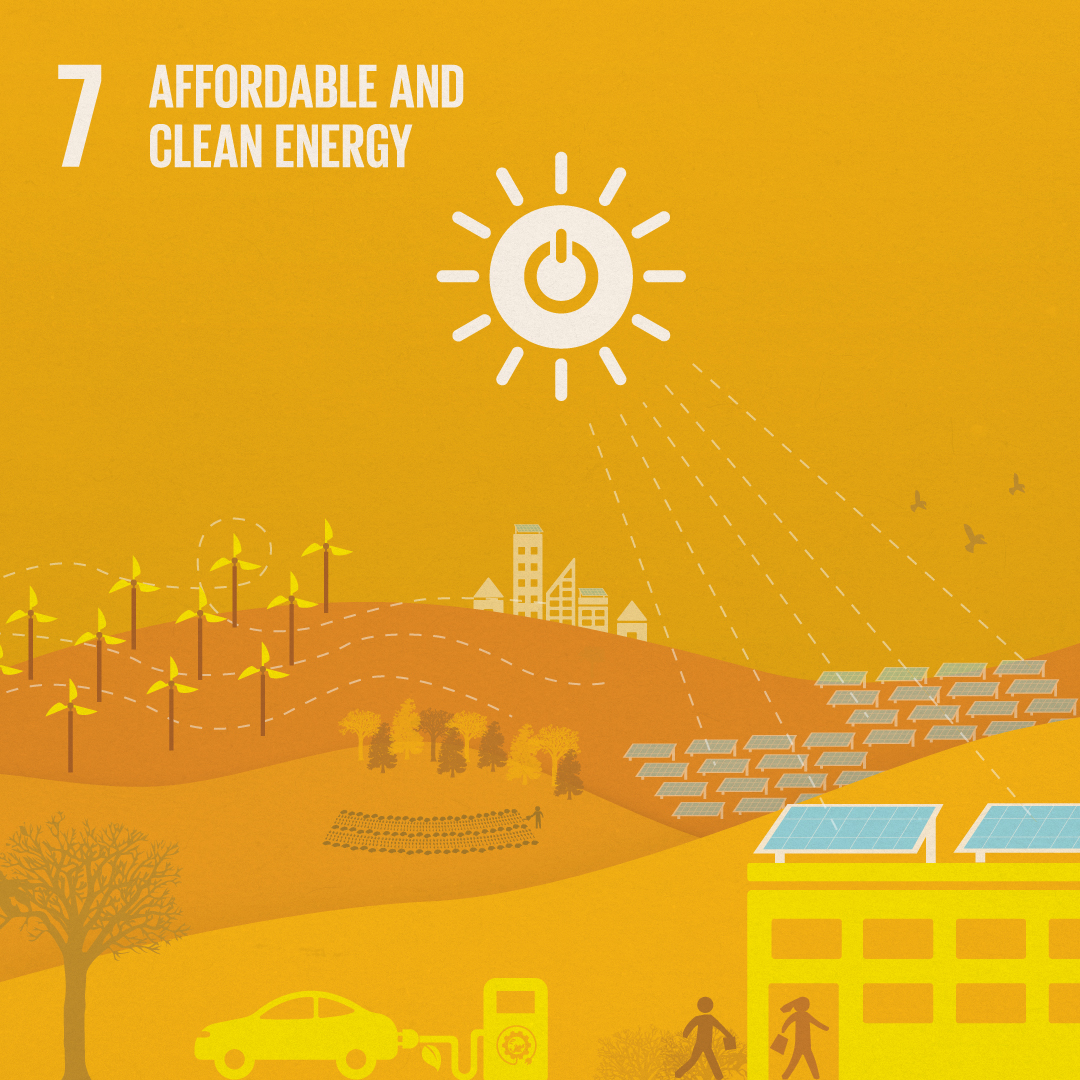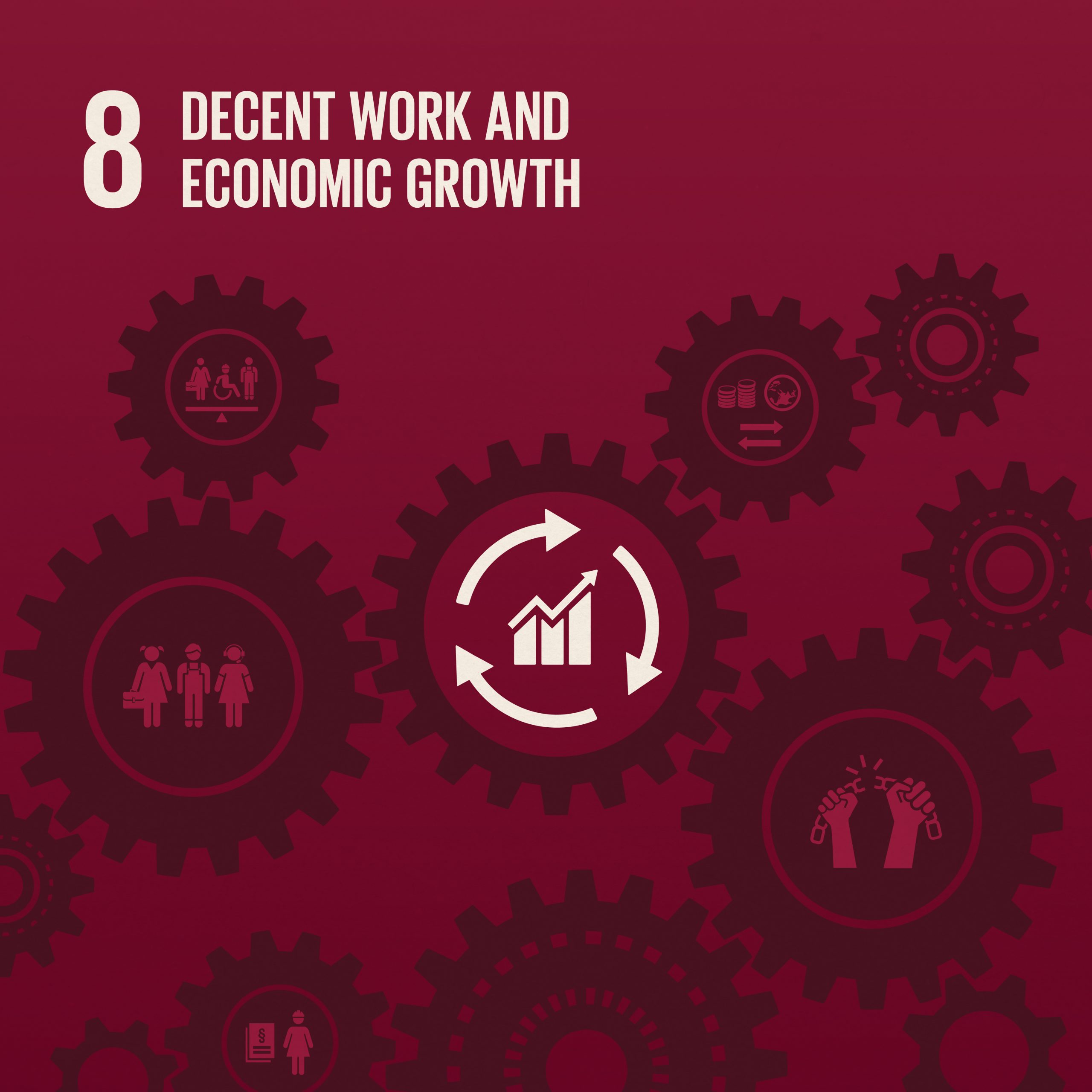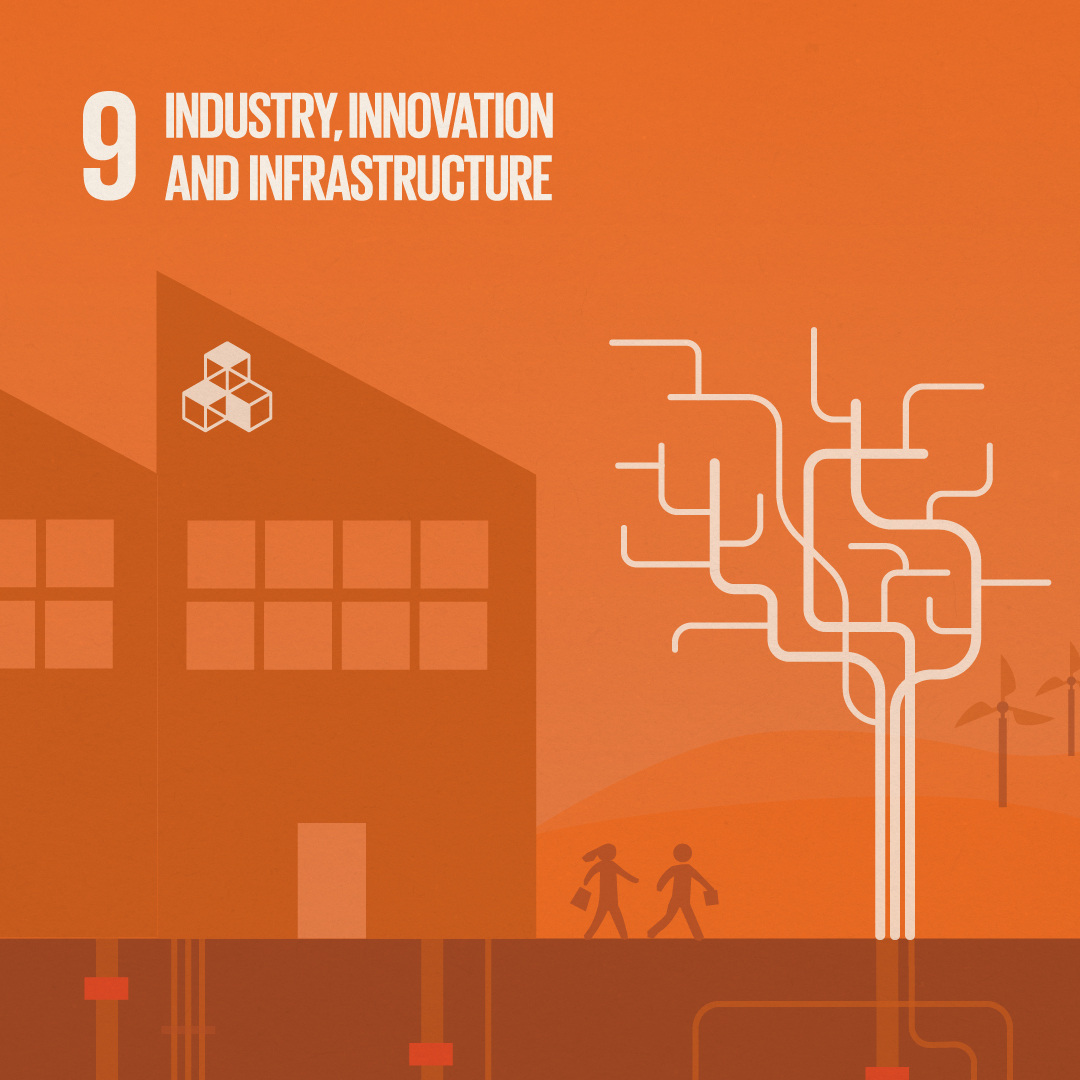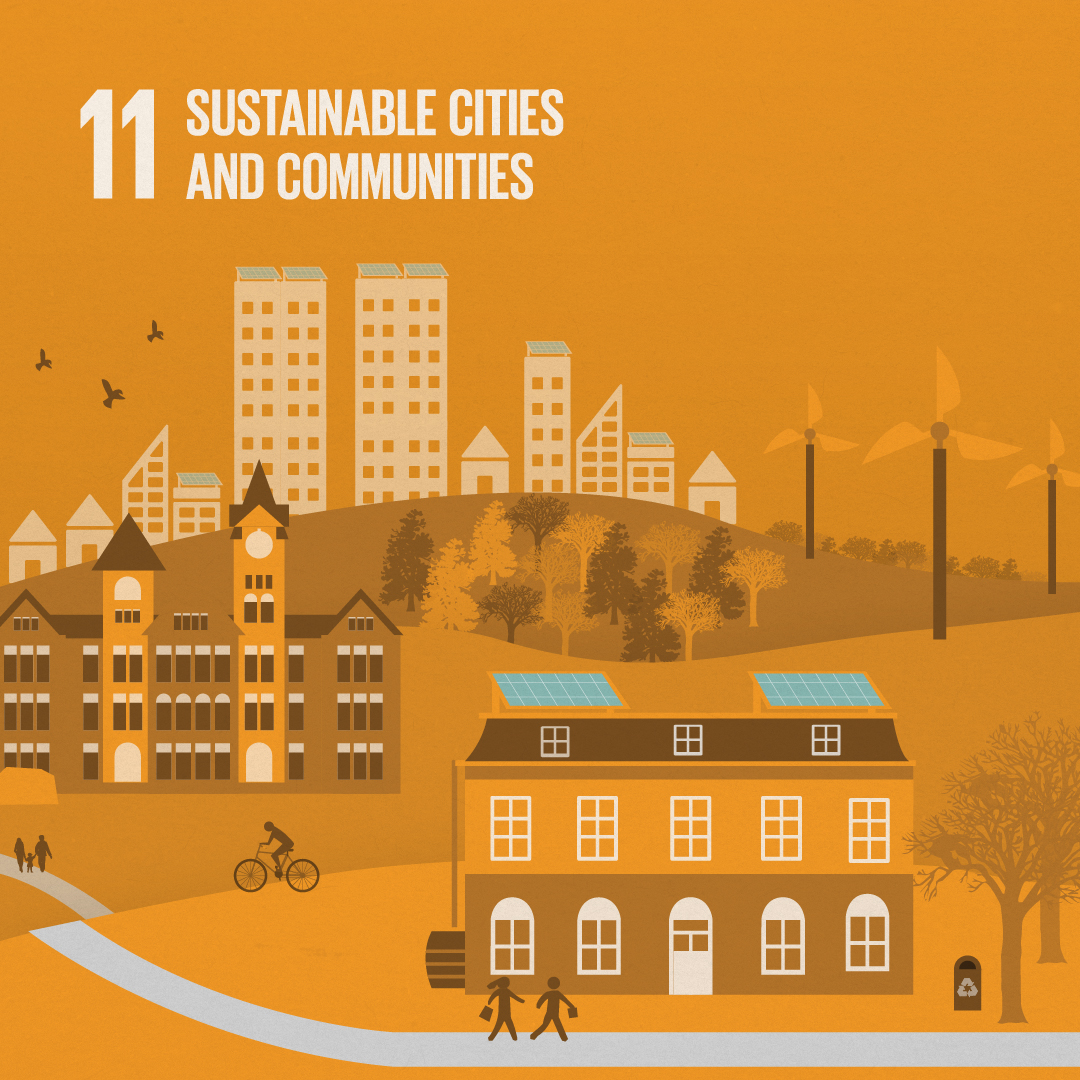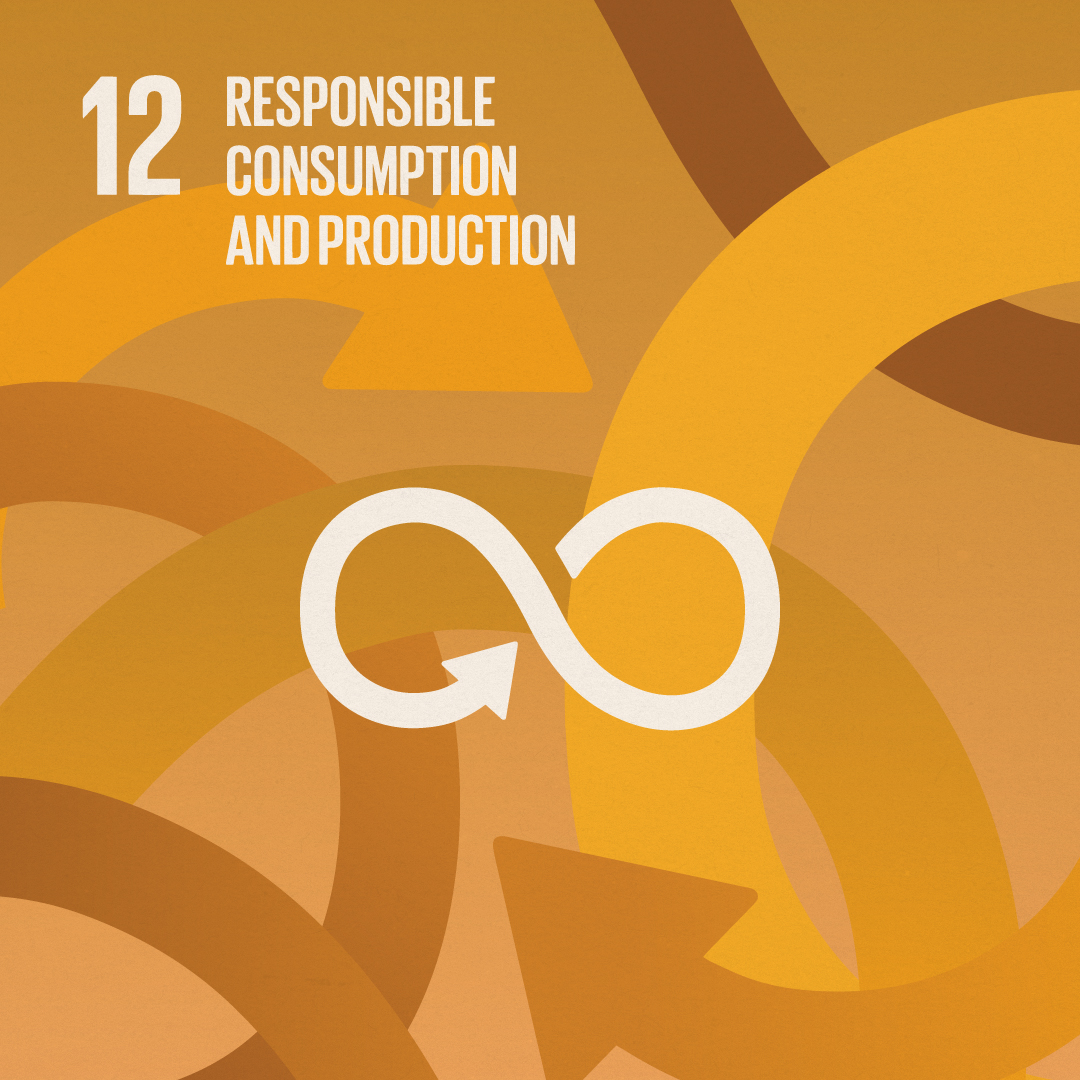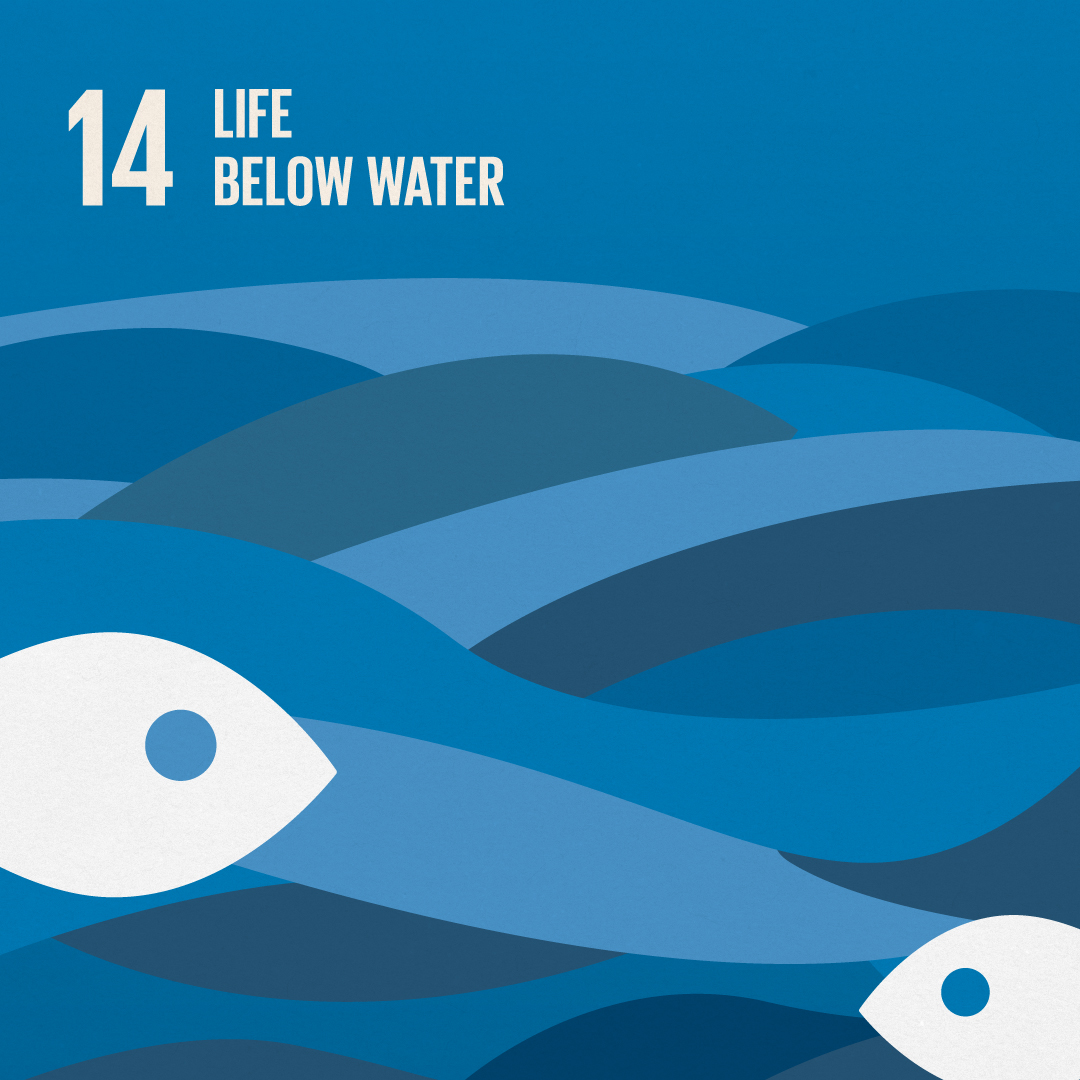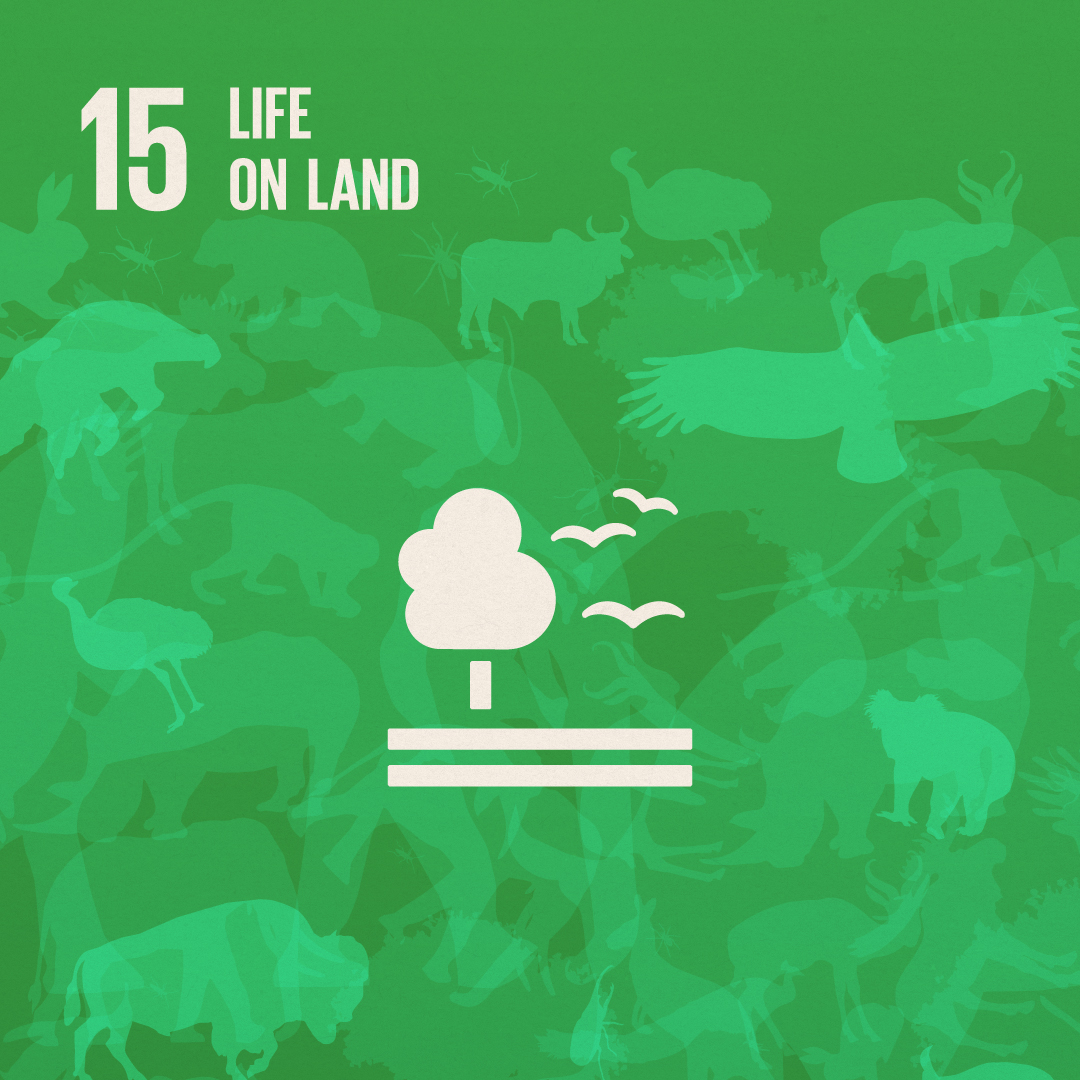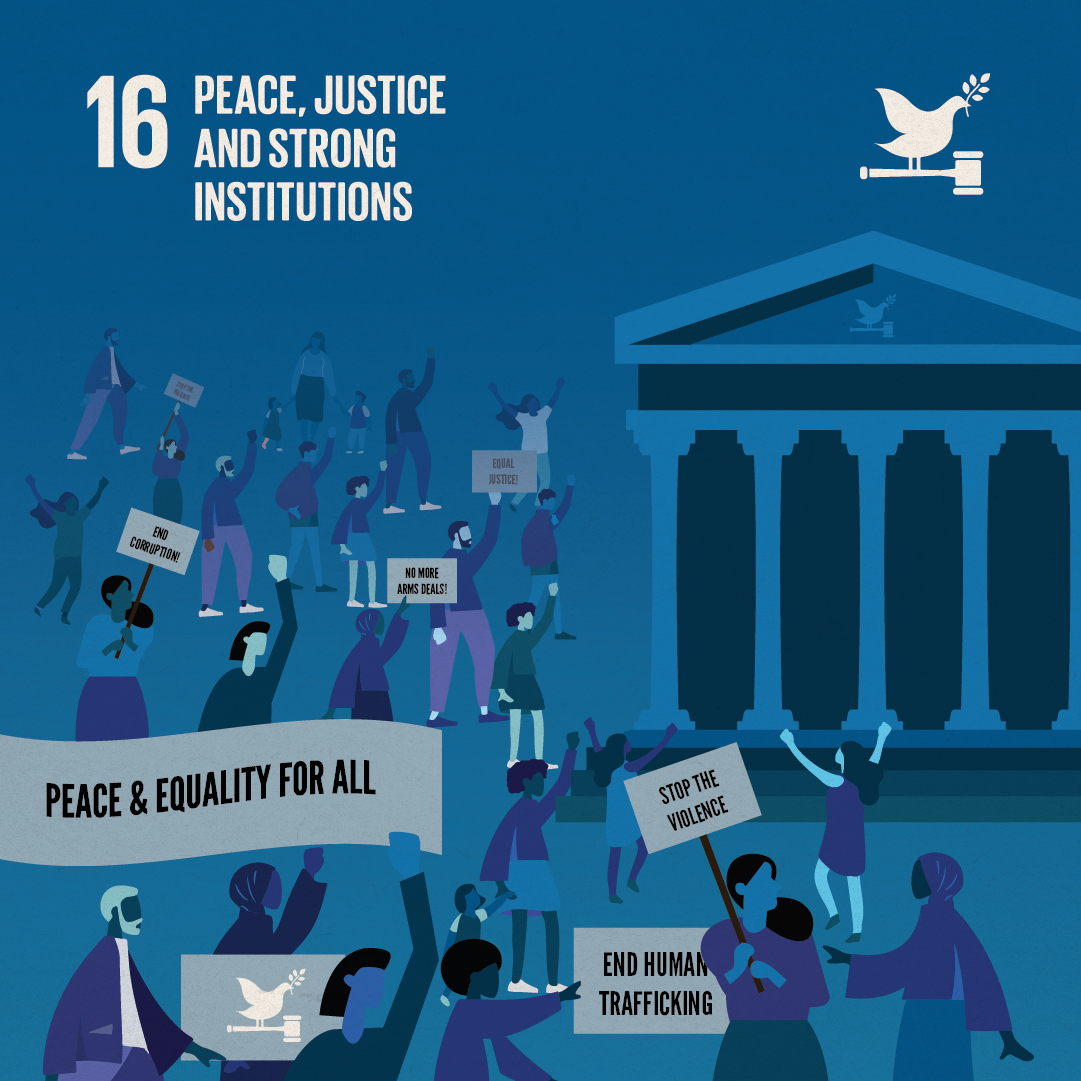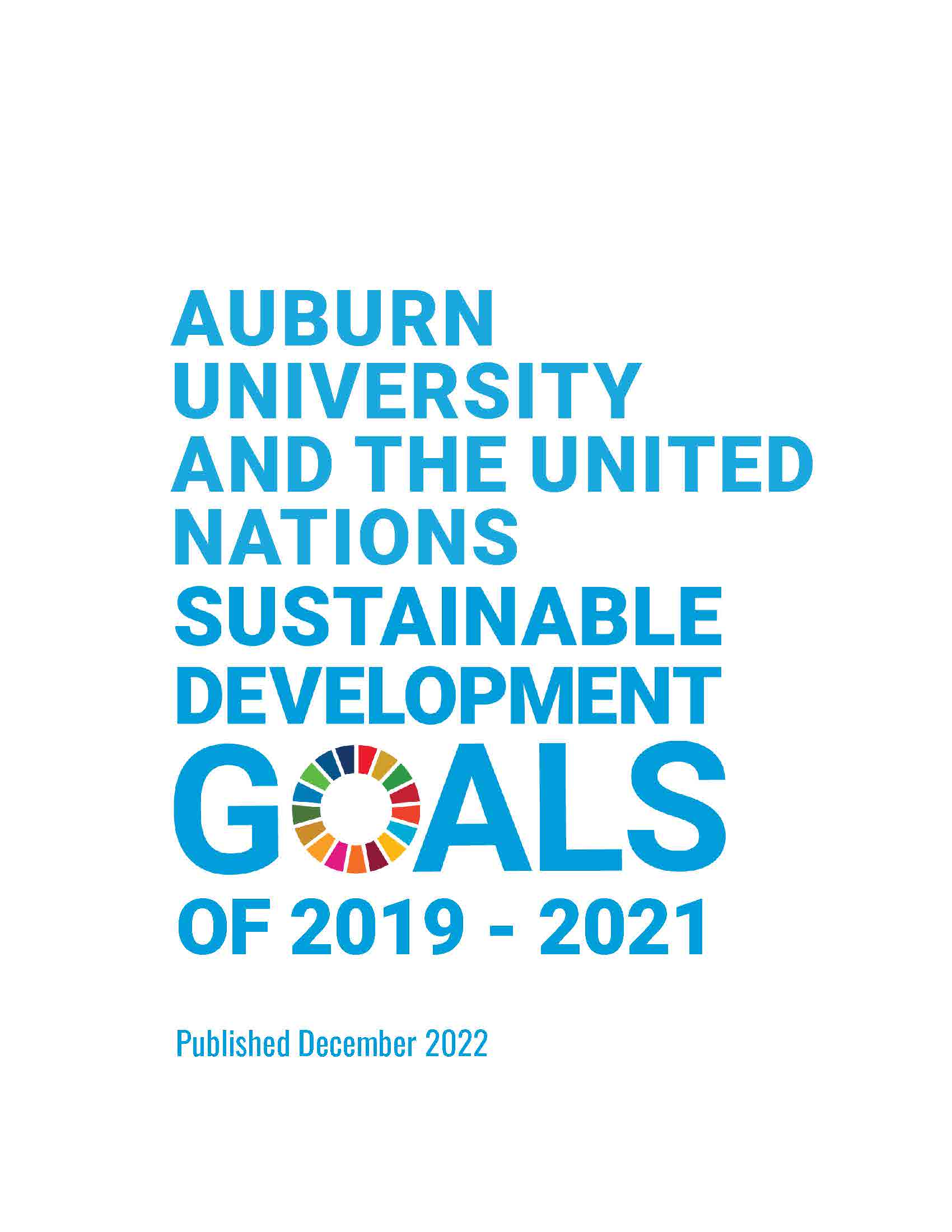Auburn University joined the Sustainable Development Solutions Network showing dedication to improving the lives of people and the health of our planet.
Sustainable Development Goals |
learn
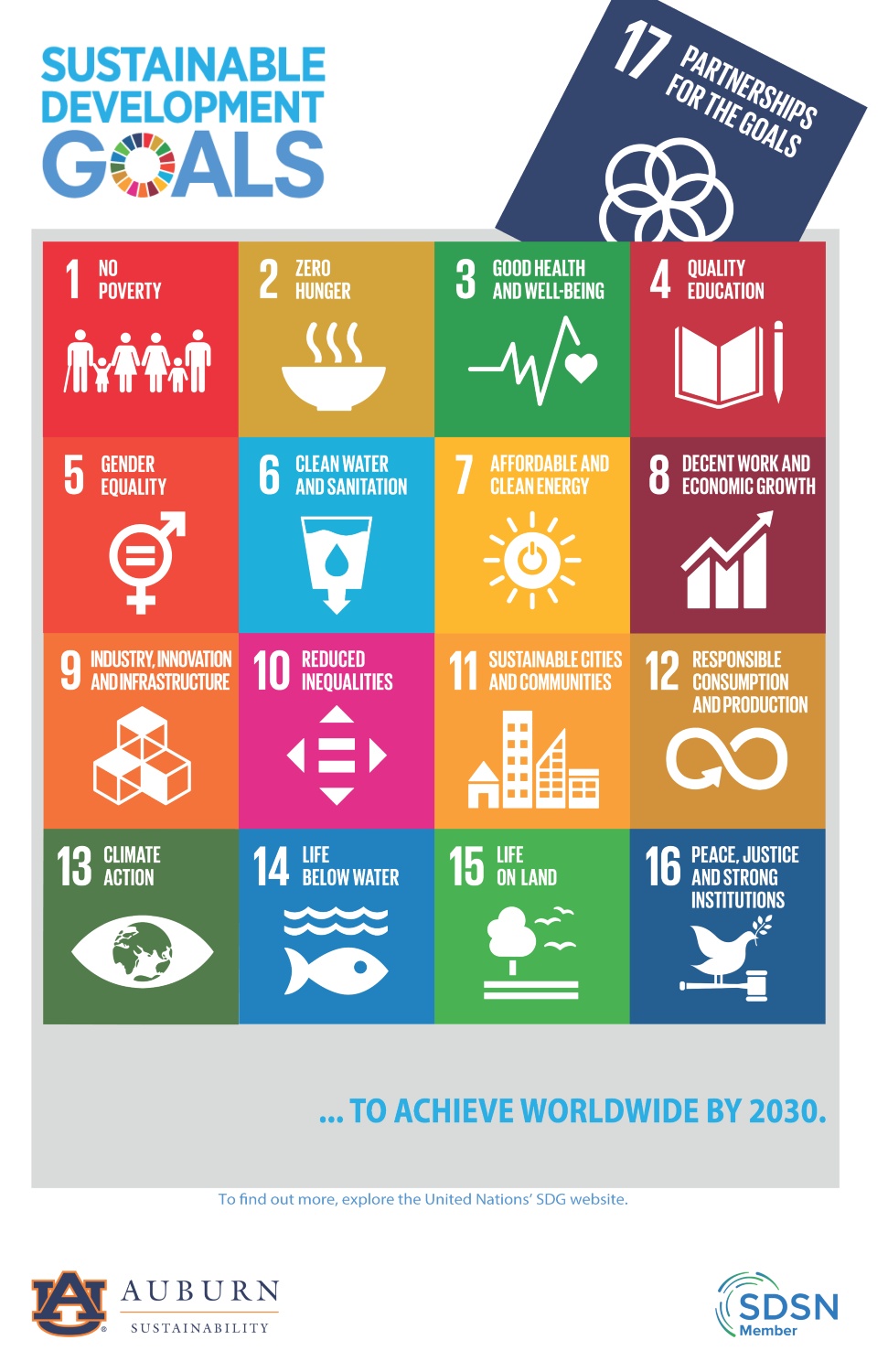
THE SUSTAINABLE DEVELOPMENT GOALS
The Sustainable Development Goals (SDGs) emerged from rigorous research into global conditions and trends and provide a:
“blueprint to achieve a better and more sustainable future for all. They address the global challenges we face, including those related to poverty, inequality, climate change, environmental degradation, peace and justice. The 17 Goals are all interconnected, and in order to leave no one behind, it is important that we achieve them all by 2030.” ~United Nations Website
Initiated in 2012 at the United Nations (UN) Conference on Sustainable Development in Rio de Janeiro, they follow up the eight Millennium Development Goals (MDGs) established in September 2000 and were adopted by the UN in 2015.
For a quick summary on understanding the dimensions of the Sustainable Development Goals check out the video below.
AUBURN UNIVERSITY & THE SDGS
Click the icons below to explore Auburn’s contributions toward each goal.
THE SUSTAINABLE DEVELOPMENT SOLUTIONS NETWORK
To ensure the SDGs are acted upon and achieved, the Sustainable Development Solutions Network (SDSN) was established in 2012 and overseen by the UN Secretary-General. As of April 2020 the SDSN had over 1,300 member institutions spanning the globe.
Auburn University College of Forestry, Wildlife and Environment Dean Janaki Alavalapati was invited by Jeffrey Sachs, SDSN Director and Director of the Center for Sustainable Development at Columbia University, to attend the meeting to establish the US chapter. As a result, and with the support of Provost Bill Hardgrave, Auburn University became a member of the SDSN.
Auburn University joins an organized international community of experts in academia, business, government, and civil society, collaborating to resolve the sustainability grand challenges of our time. Auburn has experts already working in areas addressed by all seventeen SDGs, and our SDSN membership can only amplify their impact.
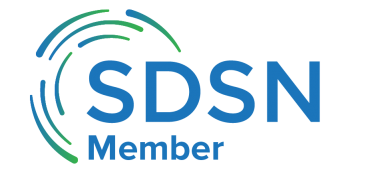
”“SDSN USA endeavors to build pathways towards the achievement of the UN Sustainable Development Goals in the United States by mobilizing research, outreach, and collective action. This includes: facilitating the development of solutions to U.S. sustainability challenges; building sophisticated, practical systems for measuring progress and connecting with stakeholders who will utilize them; facilitating public awareness, education, and engagement; and linking these efforts with policymakers and community leaders throughout the U.S. to result in lasting change.”
Sustainable Development Solutions Network Website
AUBURN UNIVERSITY PARTNERSHIPS
The College of Forestry, Wildlife and Environment is proud to partner with the Auburn University Office of Sustainability and College of Human Sciences in support of the achievement of the UN Sustainable Development Goals (SDGs) in the United States by mobilizing research, outreach, and collective action. The College of Forestry, Wildlife and Environment’s diverse research program seeks to address many of today’s most critical issues facing society including global climate change, public health, food and water availability, water and soil quality, carbon sequestration, air pollution, and the use and management of forests, wildlife, and other natural resources. Studies are often performed in collaboration with other disciplines as well as with other universities, federal agencies and international organizations to best inform decision-makers in the development of policy to sustainably manage the earth’s resources where both ecosystems and human systems flourish.
The SDSN US’s Zero Hunger Pathways Project is a collaboration that applies a systems approach to end hunger in the United States. The collaborative, led by College of Human Sciences Hunger Solutions Institute and Bread for the World Institute, will chart equitable, resilient, and sustainable pathways to profoundly improve availability, accessibility, utilization and stability of nutritious food for all. The proposed project will be centered on SDG 2: End hunger, achieve food security and improved nutrition and promote sustainable agriculture, which the US is not currently on track to achieve. To correct course, an approach beyond the traditional bounds of food security, nutrition, and agriculture must be utilized. To eradicate hunger, housing security, economic disparities, systemic inequalities, sanitation, healthcare access and quality, education, and more must be considered—achieving SDG 2 requires progress towards all 17 of the SDGs.
In December 2020, the College of Human Sciences published the first edition of a report titled Auburn University and the United Nations Sustainable Development Goals which highlights select teaching, research, and outreach activities Auburn is doing related to each of the SDGs. The second edition was released in December of 2022 and pulls from data between 2019 and 2021. The 2019-2021 report of Auburn University and the United Nations Sustainable Development Goals shares additional highlights in academics, research, and outreach.
For further details assessing Auburn University’s sustainability performance in the areas of academics, engagement, operations, and planning and administration, please see our Sustainability Tracking Assessment and Rating System report.
STUDENTS & THE SDGS
STUDENT-DESIGNED SUITE OF SDG POSTERS
Graphic designer Lane Mullins designed a colorful suite of posters for each SDG. Visit our POSTERS PAGE to view and download them.
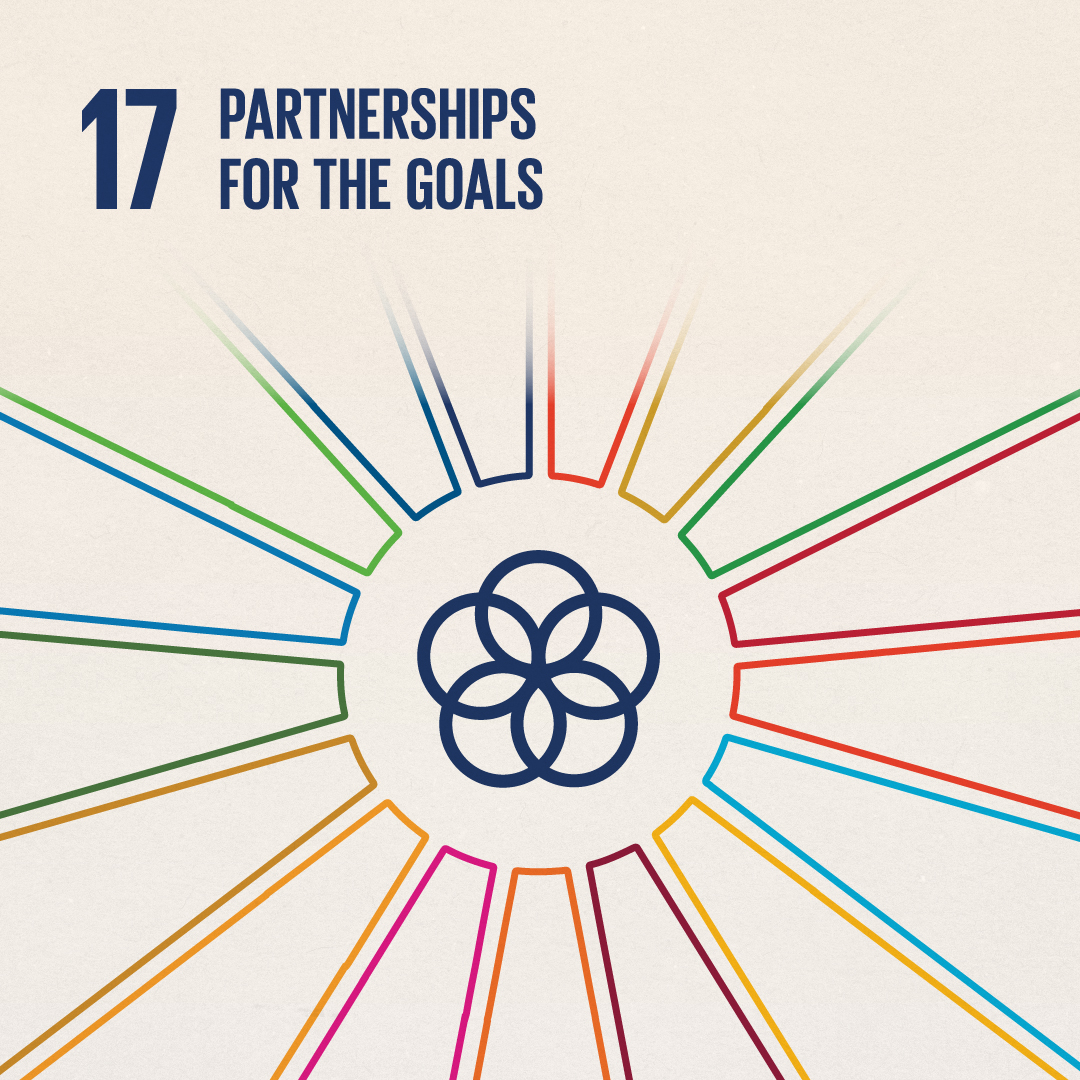
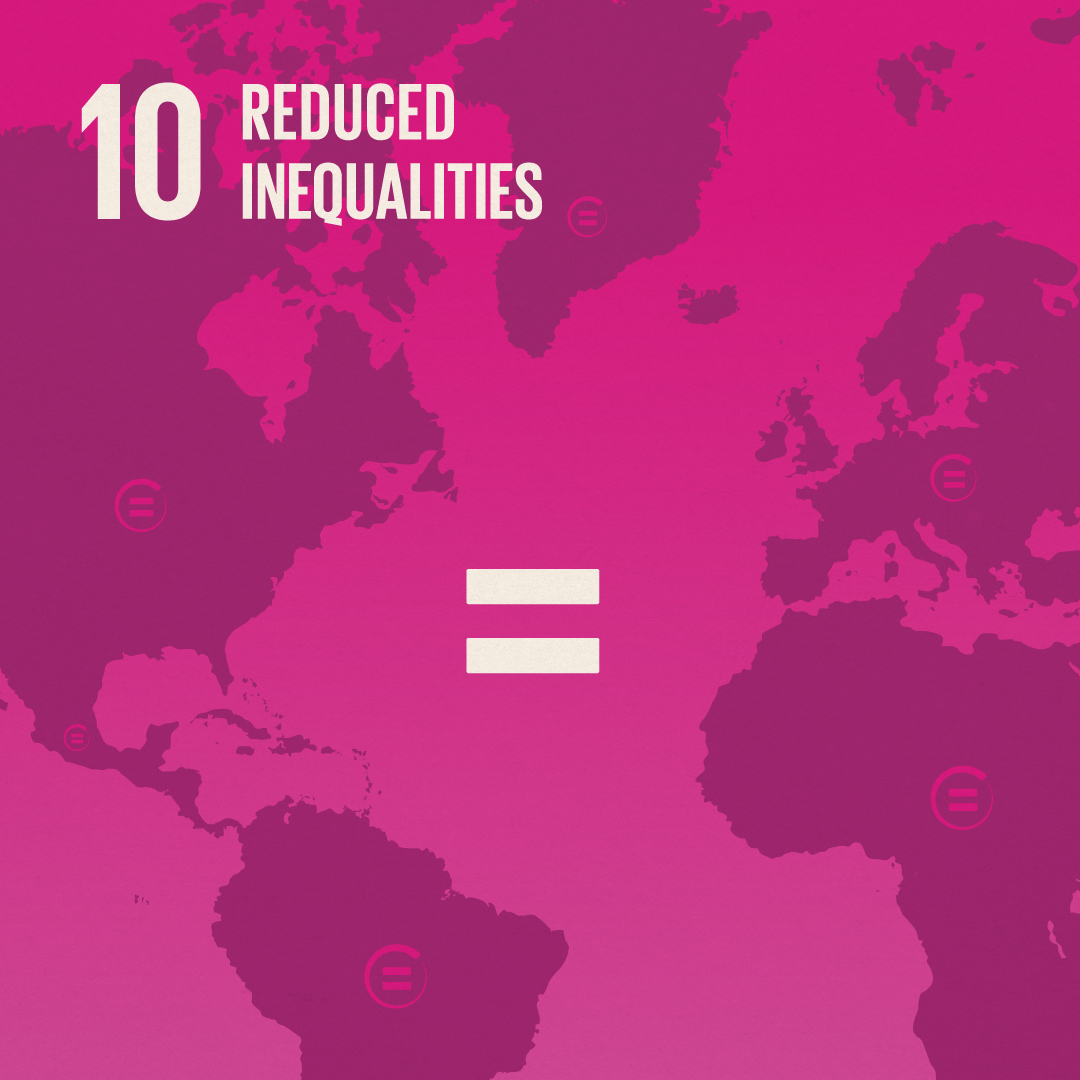
LAND ACKNOWLEDGEMENT PROJECT: A SENIOR CAPSTONE IN SUSTAINABILITY PROJECT
In the fall of 2021 a group of students in the Senior Capstone in Sustainability course undertook a project to “encourage more upper-level administration dialogue about how necessary land acknowledgement is at Auburn University.” The project resulted in a Class Project Report on Land Acknowledgement Statements and a student-created Auburn University Land Acknowledgement Project website. They outline the history and need for a land acknowledgements, give examples from other universities, and share a first draft of a ‘working’ land acknowledgement statement.
STUDENT-DEVELOPED CLIMATE SOLUTIONS EXPLORER VIDEO GAME
In the spring of 2020, Auburn University students in the Geosciences Department developed an interactive video game to learn about ways to fight climate change! Collect all 17 Sustainable Development Goal icons by visiting sites around the world, in Climate Solutions Explorer Game.
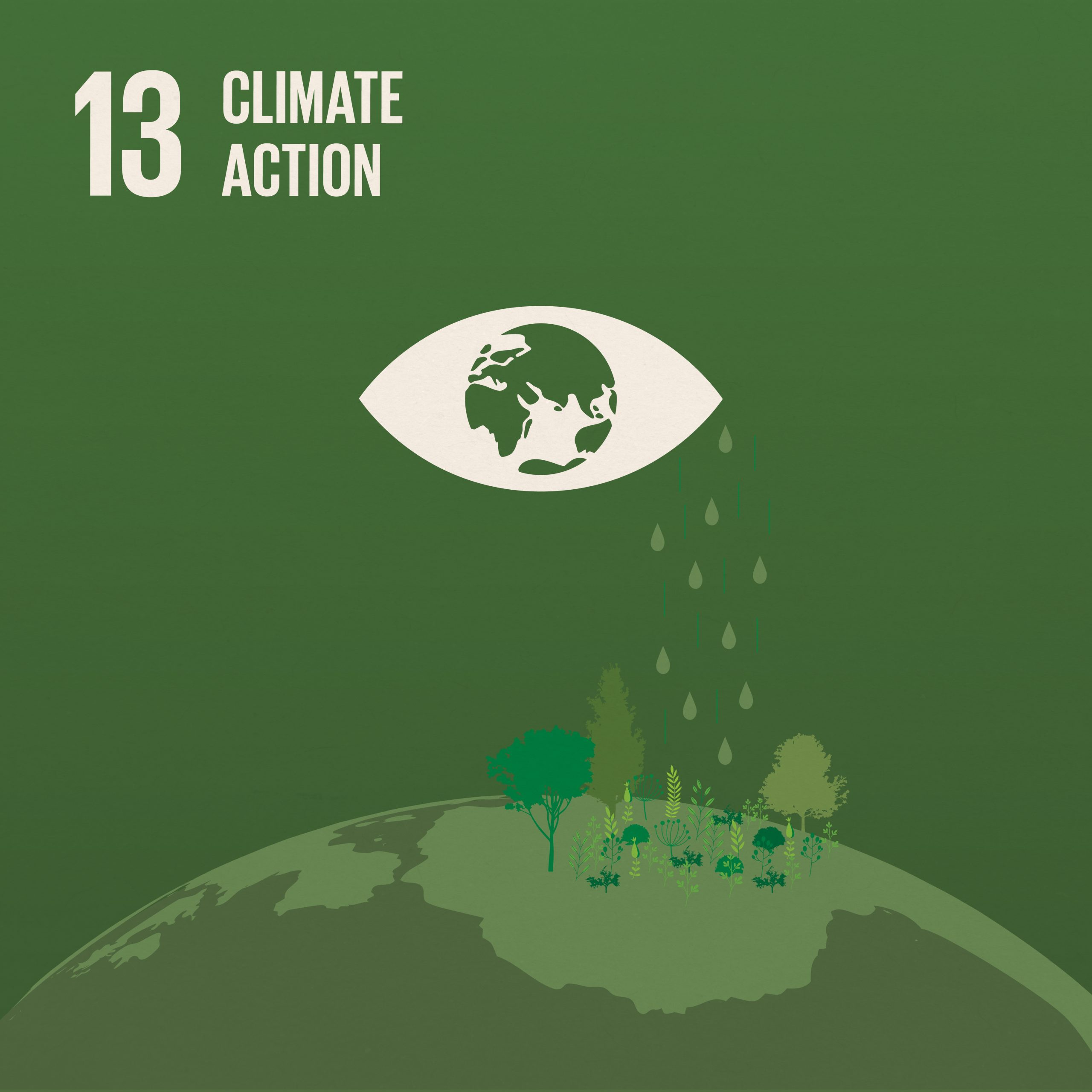
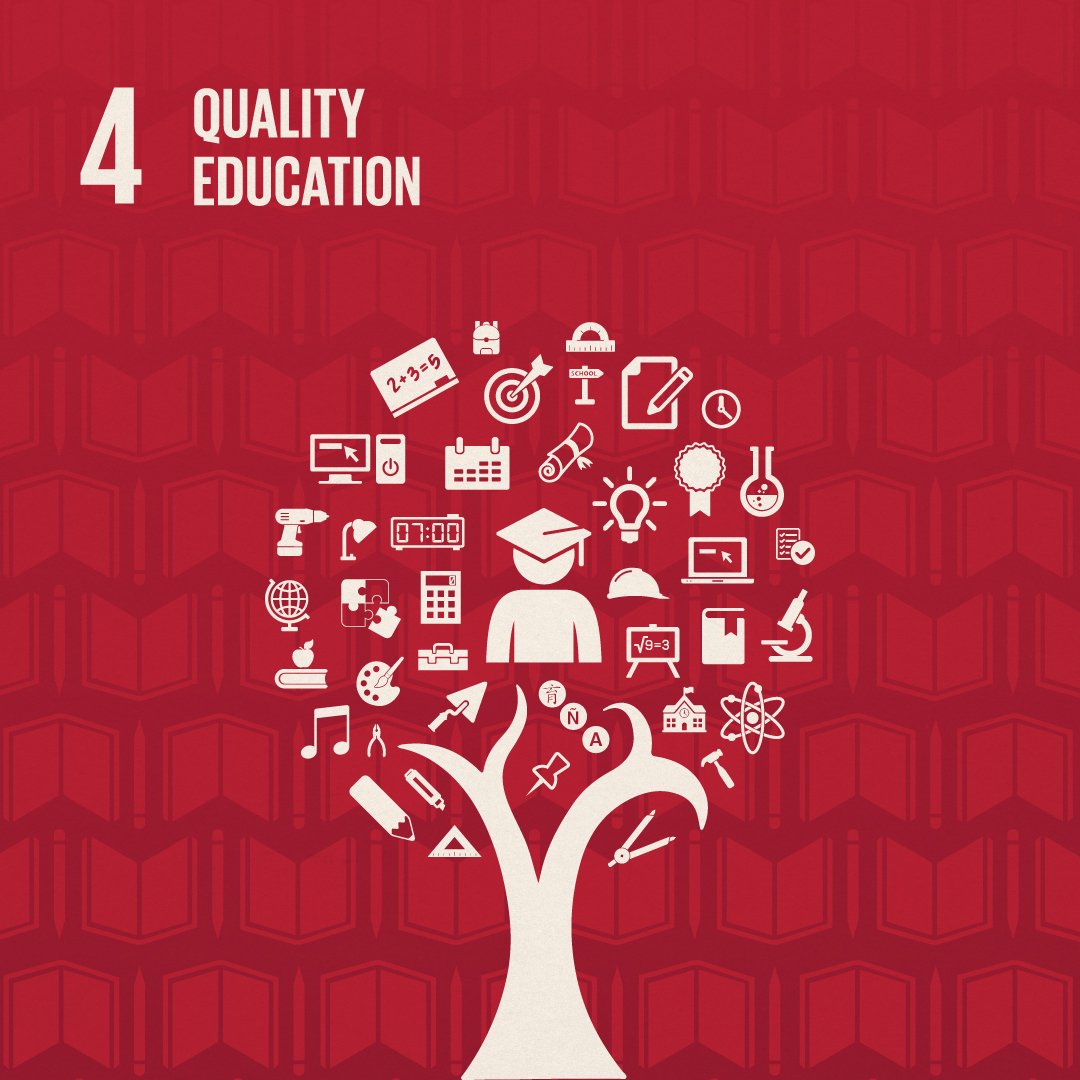
STUDENTS ACTION TOOLKIT BY UNIVERSITY GLOBAL COALITION
The University Global Coalition put together a Students Action Toolkit recognizing students are invaluable to achieving the SDGs.

